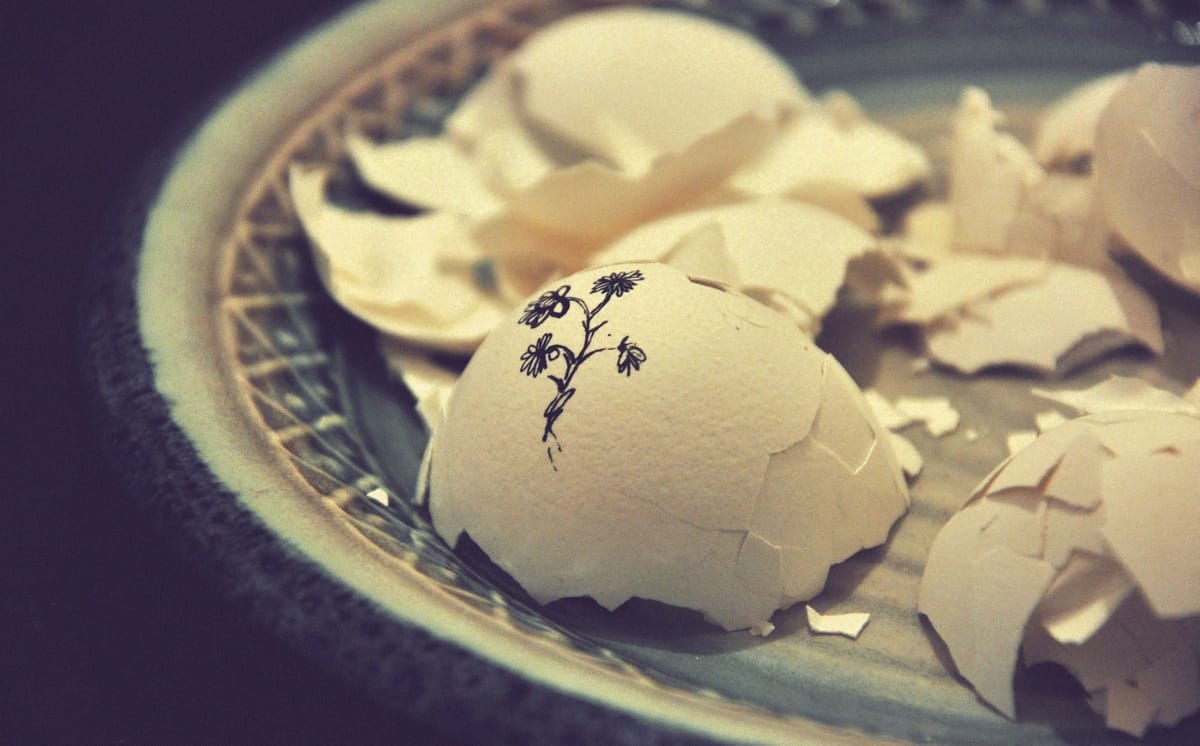The Merits of Suffering
No one likes to suffer; but suffering is often the portal to a richer life.

It is true that many of us live blessed lives: we enjoy peace, many freedoms, wealth and have friends and family who love us. But it is also true that our lives are never free of pain and strive, most of it caused by no one else but ourselves and the remainder by the crushing force of fortune.
Our loved ones will die. We will die. Things that once made us happy will stop to satisfy us. Thoughts that did not use to trouble us, will torment us. Inevitably, we will feel short-changed by life.
Many religions promise salvation from the perils of life; often with the promise of a blessed afterlife. In Buddhism, the concept of suffering is closely tied to the ascension of the Buddha. After finding enlightenment under the Bodhi tree, the Buddha returned to his companions, and the first lesson he shared concerned the so-called Four Noble Truths. These are that there is and will always be suffering in life, that carving is the ultimate cause of our suffering, that suffering can be overcome by overcoming craving and a number of rules for leading a life that will lead to the cessation of craving and suffering called the Noble Eightfold Path.
While the Noble Eightfold Path and many other teachings in Buddhism and other religions provide valuable instruction on how to overcome suffering, I want to examine what value suffering, notwithstanding all its usual unpleasantness, may have. First, we need to recognise that suffering will always stand alongside beauty.
Picture a garden filled with flowers, trees, and bushes. No matter how carefully a garden is tended to, some flowers will fall victim to disease, trees can be damaged by storms. It is not possible to have a perfect garden. But even a garden in which some plants are suffering will have beauty in it. While we should not ignore that which is struggling and rotten, we should not have it spoil the beauty that is next to it.
Indeed, the beauty of the plants in full health will be deeper if it is accentuated by the death and decay surrounding them.
If we suffer thirst, the water will be sweeter. If we are apart from a person dear to us, the reunion will be a cause for jubilation. After recovering from a sickness, we can enjoy our good health with refreshed gusto.
We cannot feel compassion, if there is no strive. We cannot forgive if no mistakes have been made. We cannot feel joy, if we feel nothing but joy. It is much easier for us to love, when we know our love will find fertile soil where it can transform struggle into beauty.
We should thus not turn away from suffering, try to avoid it at all cost, or let it dominate our life. Instead, we should understand that suffering can help us be more appreciative of what is beautiful, find joy and to help us find deeper, more selfless love.





